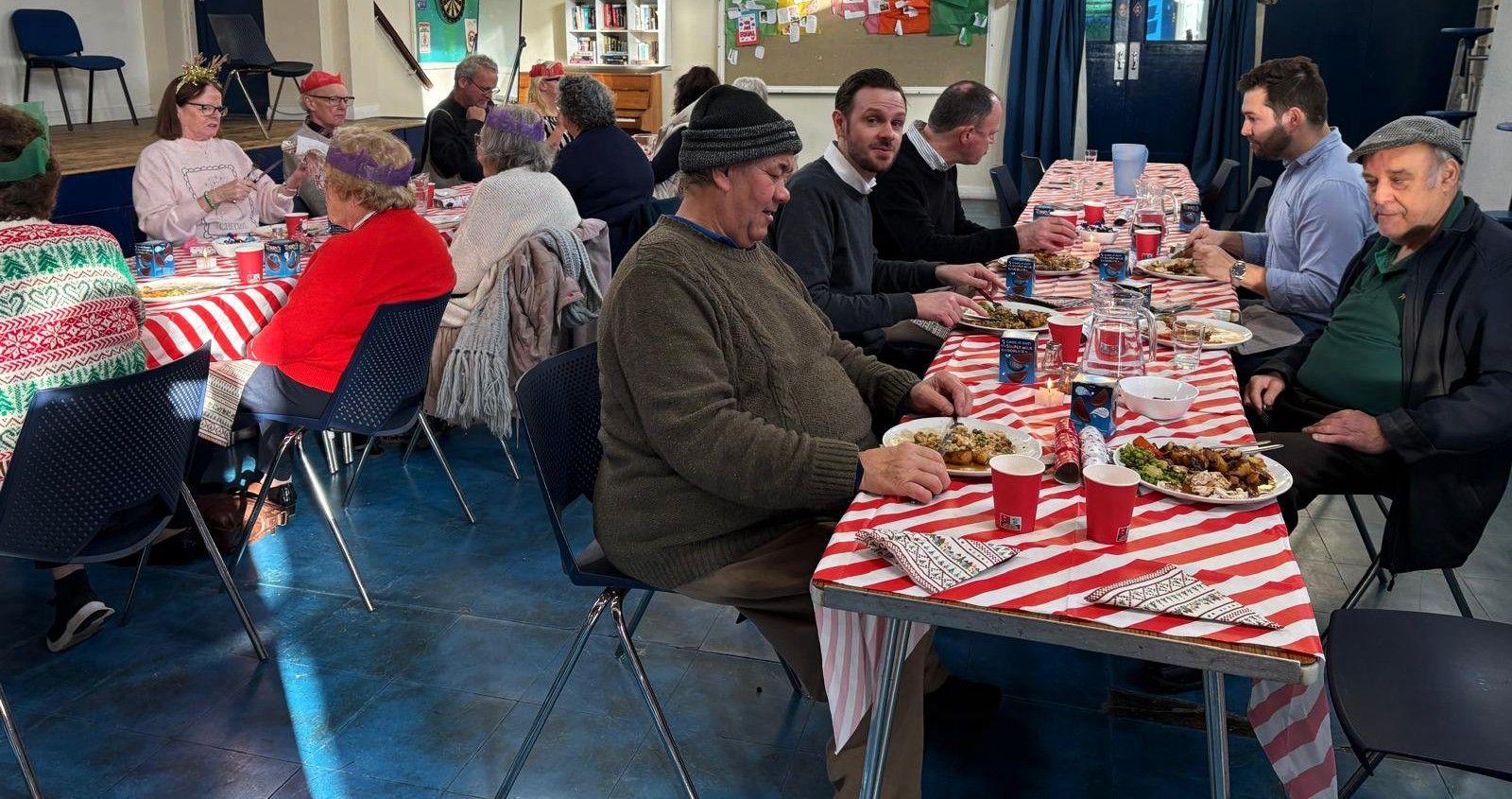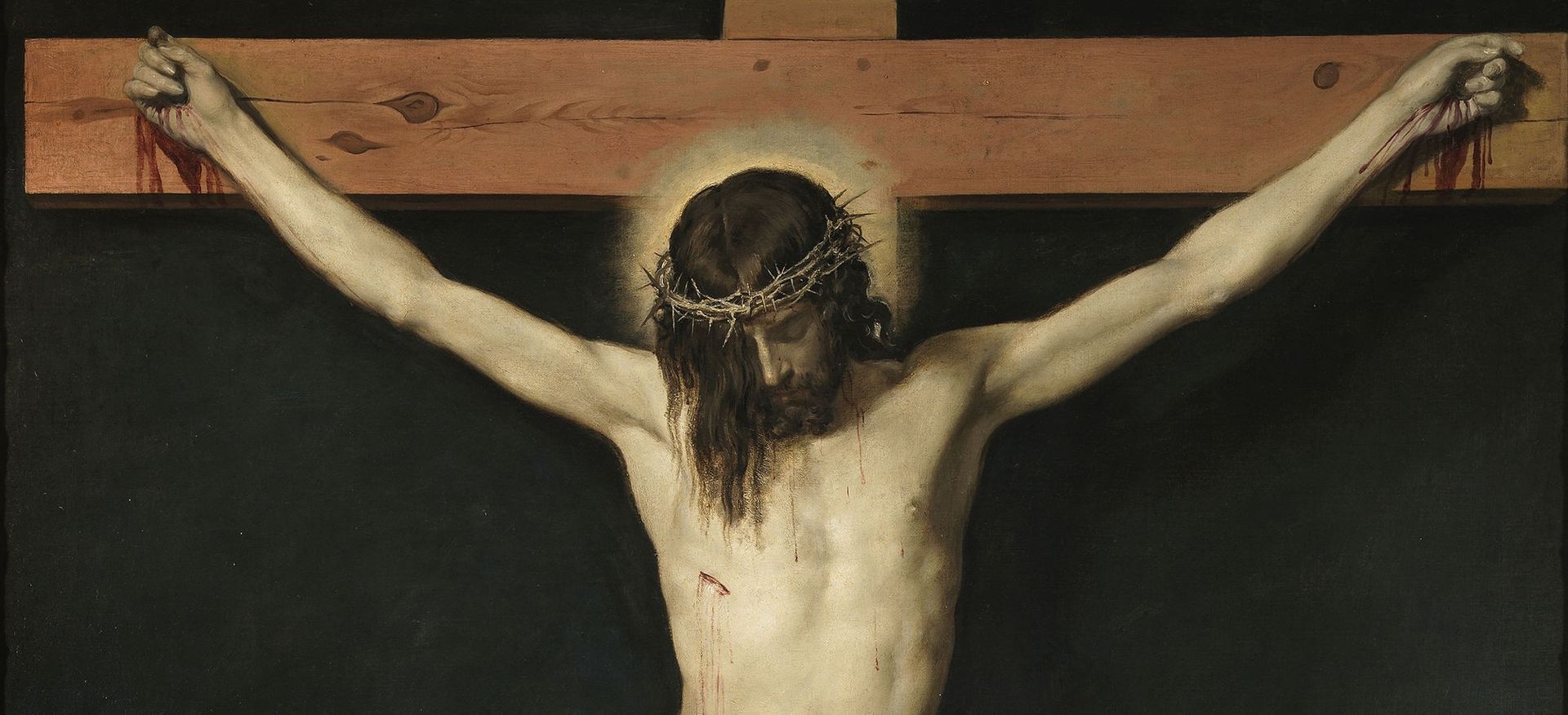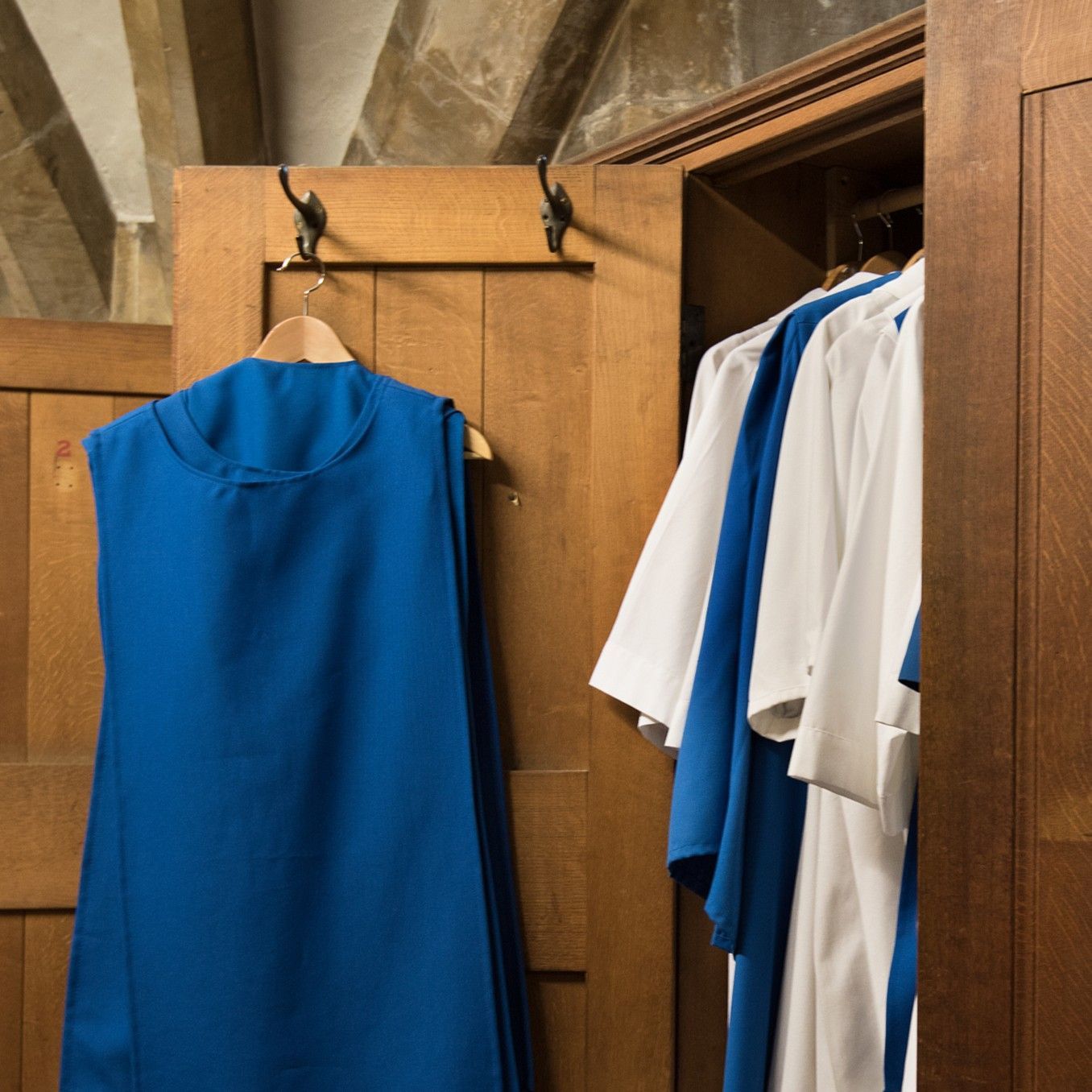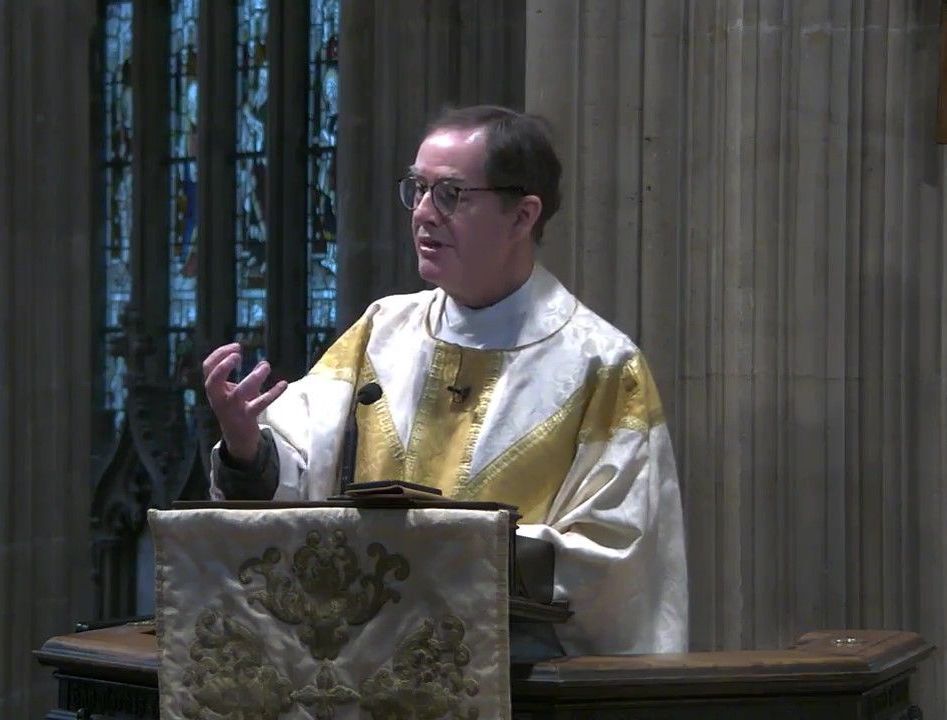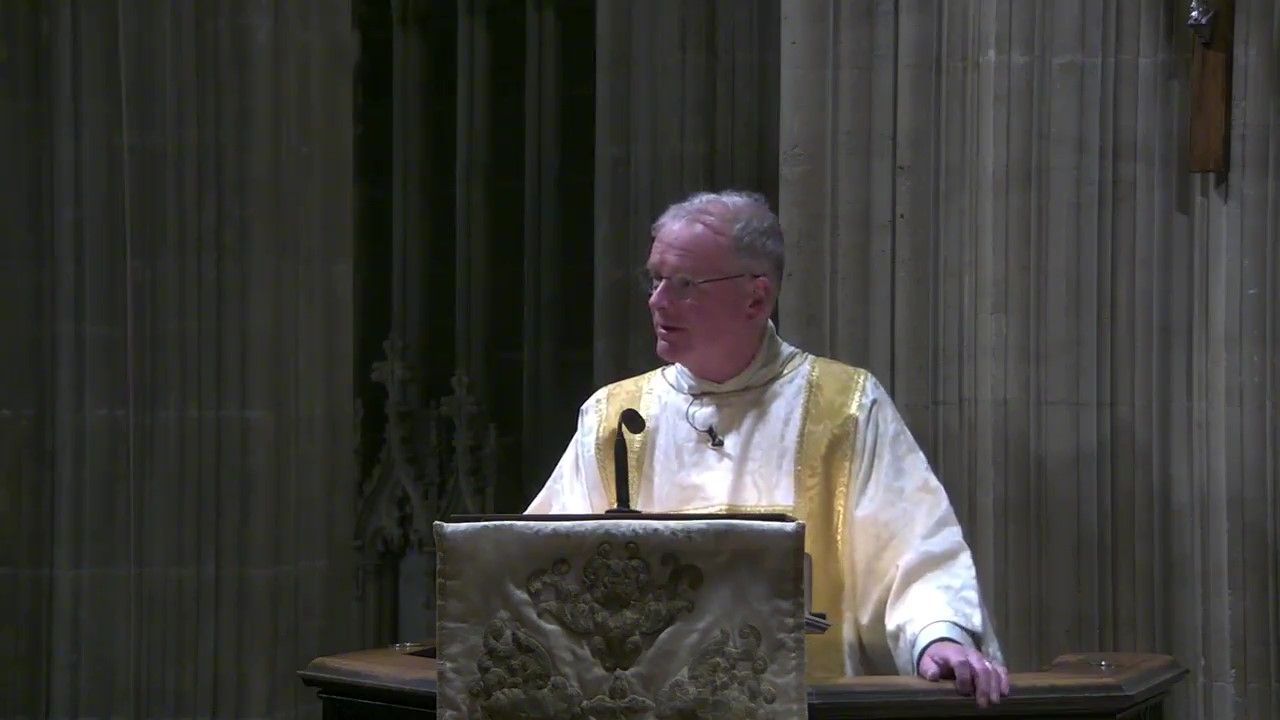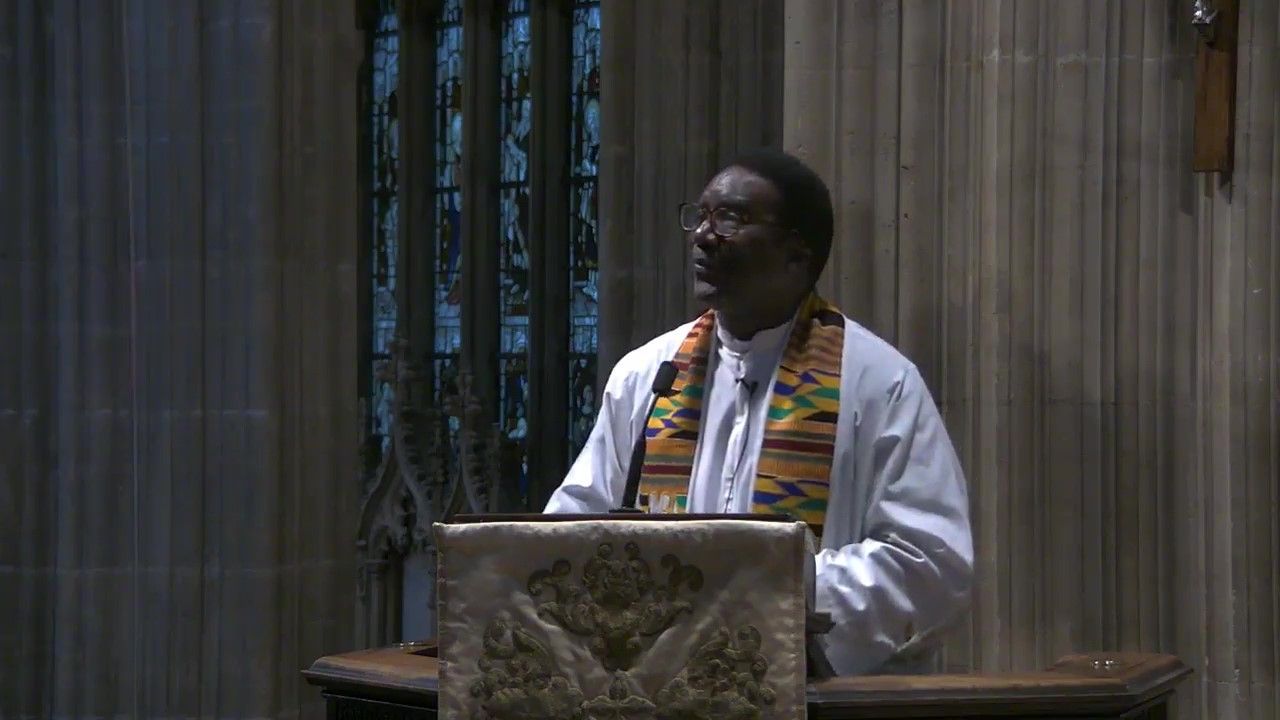Joe Cryan, Director of Music
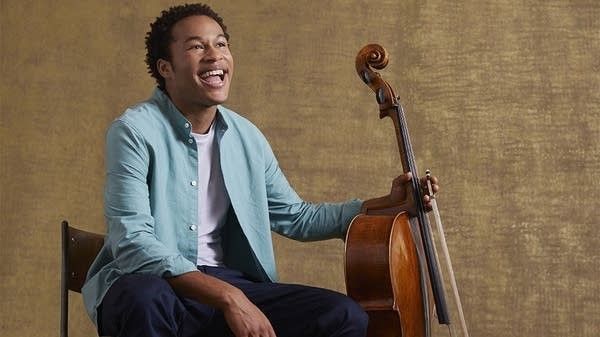
I was rather shocked over my morning coffee the other day as I read reactions on “X” (formerly Twitter) to celebrated cellist Sheku Kanneh-Mason’s recent
Dessert Island Discs. The presenter spoke to Sheku about his involvement in The Last Night of the Proms in September last year, and asked him about the “conversations” around the traditional involvement of the song “Rule Brittania” in the proms:
“I don’t think it should be included and I didn’t stay for that bit […] I think maybe some people don’t realise how uncomfortable something like that can make a lot of people feel even if it makes them feel good”
This remark led to a barrage of racist abuse hurled at Sheku, with his mother even having to tweet the following:
“Replying to the barrage of racism against my son […] this week. So many feel it’s ok to call for deportation, flogging, sending him ‘back to Africa’ and to use ‘Ni**er’ against someone trying to engage in a conversation about music and inclusion. Horror, rage, heartbreak.”
How does this relate to our own musical mission here at St. Mary Redcliffe, and how can we better engage with “a conversation about music and inclusion”?
We have made certain strides with the checkered history of our building, with the removal of the Colston window, but as Dan remarked in one of his sermons, “this is merely the beginning, and not the end”. Music can be particularly powerful in helping us change that narrative.
The choice of repertoire is important and ensuring that the music comes from a variety of cultures offers a powerful way to promote diversity. Over the past few months, I have strived to add music by composers with global majority heritage, including Betty Jackson King, Moses Hogan, Yshani Perinpanayagam and Christopher Harris. Promoting a culture that values and appreciates all types of music encourages us to feel confident in our enjoyment, acceptance and sharing of music that is significant to everyone.
Church music has a difficult balancing act; it is steeped in a tradition that is overwhelmed with music by white, heteronormative, cis-gendered men, and I do not ignore the fact that I sit here writing from a position where I fulfil three of those characteristics. But, by investing through this tradition in new ways, and seeking any opportunity to help promote the full diverse range of creativity, we can better sing the song and faith of justice, for all people regardless of race, creed or colour.
I will leave you with a recording of one of the pieces of music that I have introduced to the repertoire, written by Christopher Harris with words by Langston Hughes. I hope these words resonate with you:
Bring me all your dreams you dreamers
That I may wrap them in a blue cloud cloth away from the too-rough fingers of the world.
